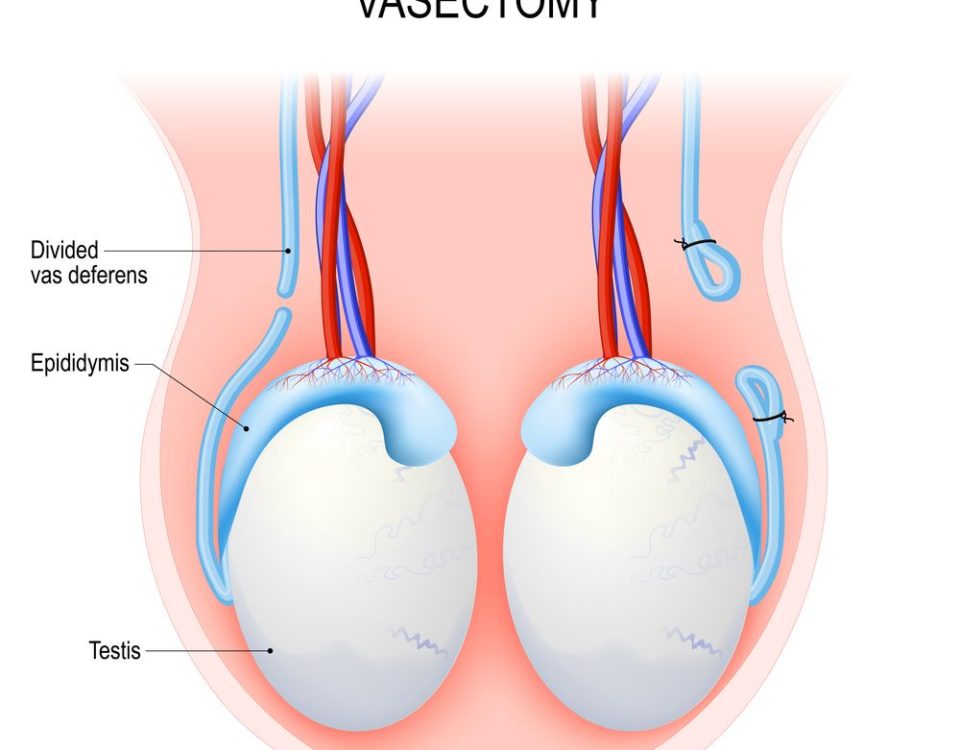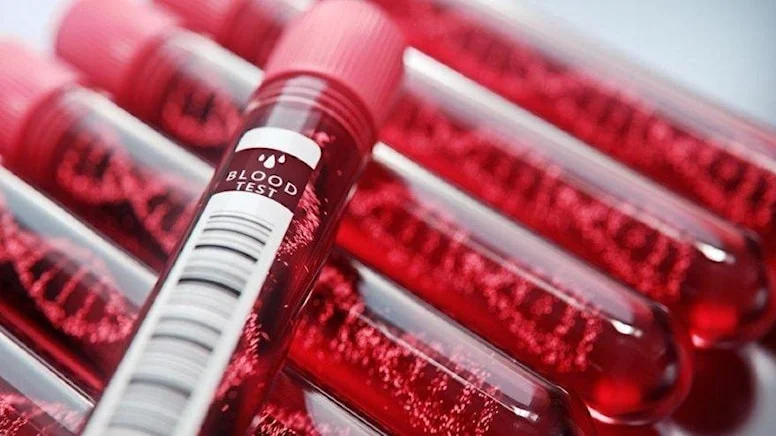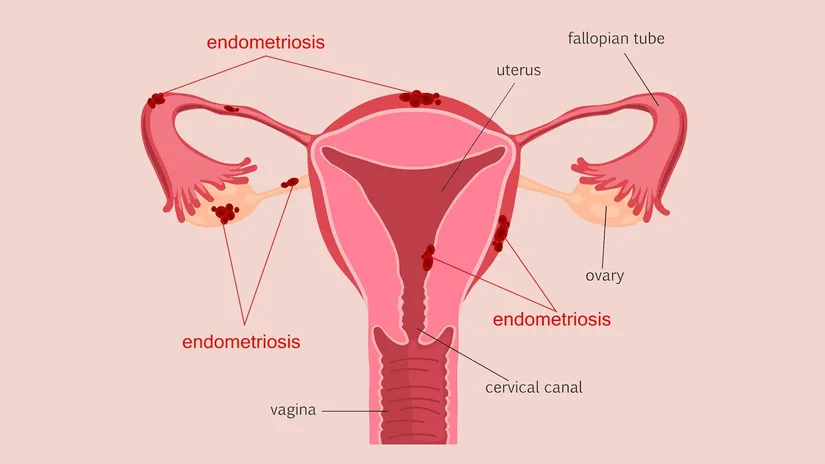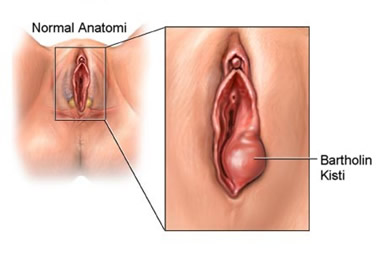The skin that forms the outermost part of the female genitalia is called the vulva. Vulvar cancer, which is very rare, is a cancer that originates in this region called vulva (clitoris, vaginal lips and vaginal entrance). You can find what you wonder about vulvar cancer, which is a very dangerous type of cancer and can cause serious health problems, in the continuation of my article.
Vulvar Cancer Causes
Although the causes of vulvar cancer are not yet fully known, it is thought that this type of cancer, like many cancer types, develops due to mutations in the cells. In vulvar cancer, tumors are most commonly located on the outer lips. Human papillomavirus (HPV), which increases the risk of cervical cancer (cervical cancer), unfortunately also increases the risk of vulvar cancer. Apart from the sexually transmitted HPV virus, advanced age, smoking, HIV and some skin diseases that occur in the vulva are also among the risk factors that can cause vulvar cancer.
Vulvar Cancer Symptoms
- Severe and abnormal bleeding
- Skin rash
- Itching in the external genitalia
- Pain when urinating
- Pain during sexual intercourse
- Lump or swelling on the outer surface
- Groin pain
- Non-healing wounds
- Itching and burning in the genital area
- Wart
- Thickening of the skin
Vulvar Cancer Diagnosis and Treatment
In order to diagnose vulvar cancer, the patient must first undergo a physical examination. During the physical examination, the patient’s history is taken. Then, if vulvar cancer is suspected, a biopsy sample may be requested from the lesioned tissue on the outer surface of the vagina. In addition, imaging methods such as computed tomography, PET and MR may also be requested to detect cancer and to have information about the size and spread of tumors. Procedures such as cystoscopy and proctoscopy in the large intestine, whole blood analysis and whether the patient has HIV or HPV are among the diagnostic methods.
Treatment of vulvar cancer varies depending on factors such as the age of the cancer patient, health status, and stage of the cancer. Depending on the extent and stage of the cancer, a surgical operation involving the removal of a specific area or the entire area can be applied to the patient. It can be applied alone or by applying radiotherapy treatment to the patient before or after the surgical procedure, so that the cancer can be reduced and the surgery can be performed more easily. Another treatment method used in the treatment of vulvar cancer is chemotherapy drugs given at certain doses, taking into account the patient’s condition before and after the operation.







